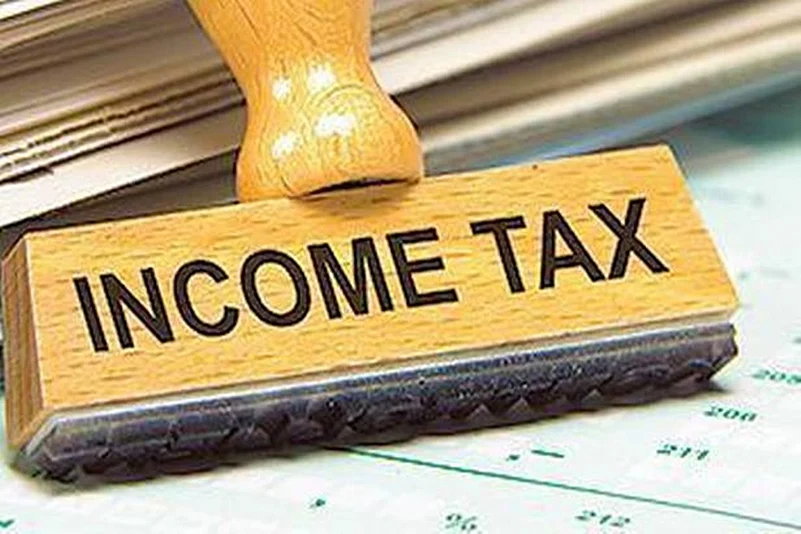The Income Tax Bill (ITB) 2025 has proposed changes to clubbing provisions for spouse income.
The main change proposed by the ITB relates to the applicability of clubbing provisions when a spouse earns income from a concern in which his/her partner has a substantial interest.
The Current Provisions
Under the current Section 64 of the Income-tax Act, 1961 (ITA), if an individual has a substantial interest in a concern, any income by way of salary, commission, fees, or any other form of remuneration earned by his/her spouse from that concern is clubbed with the individual’s income.
However, the income is not clubbed if the spouse possesses technical or professional qualifications and the income is solely attributable to his/her technical or professional knowledge and experience.
Proposals Under ITB
“The ITB proposes to modify this provision by removing the explicit requirement of possessing technical or professional qualifications (i.e., formal qualifications). Instead, it focuses on whether the income is attributable to the spouse’s technical or professional knowledge, experience, and professional qualification,” says Naveen Wadhwa, vice president, Taxmann.
Under the current Section 64 of the ITA, two cumulative conditions must be met to exclude a spouse’s income from clubbing:
(a) The spouse must possess technical or professional qualifications.
(b) The income must be solely attributable to the application of his or her technical or professional knowledge and experience.
What This Means
“The ITB simplifies this by removing the first condition (the requirement of possessing technical or professional qualifications). Now, the focus is solely on whether the income is attributable to the spouse’s technical or professional knowledge, experience, and qualifications,” says Wadhwa.
In other words, even if the spouse does not possess the required qualifications, his/her income will not be clubbed if it is earned through the application of technical or professional knowledge or experience.
Currently, the spouse’s income is excluded from clubbing only if he or she possesses technical or professional qualifications.
The ITB, however, expands this to include cases where the spouse’s income is attributable to his or her practical knowledge and experience, even if he or she lacks formal qualifications.
The ITB acknowledges that formal qualifications are not the only measure of expertise. “Many individuals, especially in fields like entrepreneurship or creative industries, gain skills through hands-on experience rather than formal education. This change ensures that the income of such individuals is treated fairly and not clubbed with their spouse’s income,” says Wadhwa.










